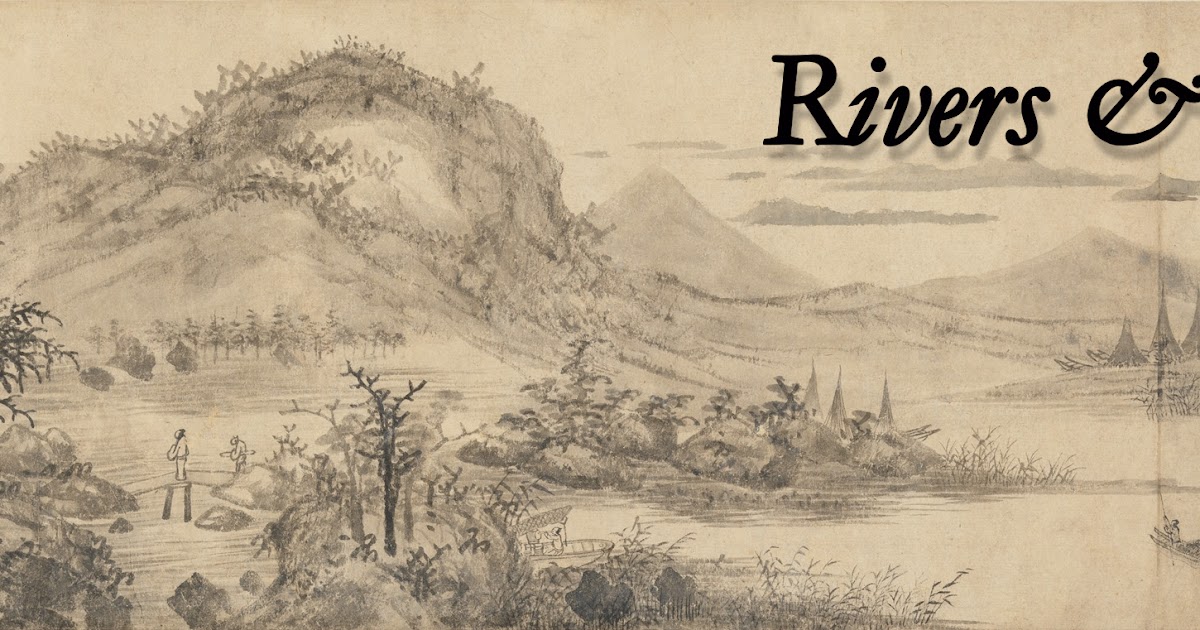SMOOSH JUICE
R&L: Six Elements?

So you may have noticed that our game about the Chinese elements includes an extra, sixth element, for some reason. Allow me to explain.
You definitely already know the four classical western elements: Fire, Earth, Water, Air. Meanwhile, China has a different set: Fire, Water, Wood, Metal, Earth. But this isn’t merely an alternate list. It’s way more than that. This scheme is the basis for a shockingly extensive theory of natural philosophy, used to categorize or explain seemingly anything and everything you can imagine. Honestly, it’s kind of just begging to be gamified. And indeed, you’ll find that lots of wuxia RPGs do exactly that.
Because our game started as a Knave hack, it was built around having 6 character attributes from pretty much day 1. Everything in the game was designed around divisions and groupings of six (or sometimes 3, 12, 18, etc.). And of course, we rely on the d6 a lot. So the decision to add a sixth element to the wuxing was very much core to the entire project.
Why this is a bad idea
The fivefold elemental scheme is pretty damn concrete. Messing with it would be like messing with, I dunno, the number of centimeters in a meter. What are you doing? Are you having a laugh or something? The system works how the system works, dammit.
This isn’t some obscure idea, either. It’s been set in stone for a very, very long time. And it’s a part of the culture of more than a billion people. While I can’t imagine there are many people who believe in this theory anymore, it’s nonetheless a tradition that’s shaped Chinese culture for, like, two thousand years.
It gets worse. You know what the Chinese word for Air is?
气
…transliterated to English as “qi.”
Yup, that stuff. The word we use for HP in this game. Because Air already does have a meaning in traditional Chinese natural philosophy. It’s the essence of life itself. It’s the vital energy that keeps you moving. When you cast a spell of healing on an injured comrade? Typically, it means you’re literally filling them with air.
Moreover, it’s a bad idea because wuxia fans just expect five elements. The second you crack the book open and read the first page, you immediately have questions. Air? What kind of kung fu game is this? Do these guys even know what they’re talking about?
My limp attempt at justifying it anyway
The traditional setting of nearly all wuxia stories, the jianghu world for which the game is named, is a mythologized version of historical China. It’s always meant to a bit distant from reality. It doesn’t really take place in China, y’know?
But that’s just tradition. What about our game? Well, I’d like for our game to have an original setting that’s even more distant from reality. Something like the settings in Jade Empire, Wandering Heroes of Ogre Gate, or Avatar: the Last Airbender. All of them inspired by historical China, all of them dripping with wuxia tropes, yet all of them also firmly taking place in worlds of their own.
Can we have that? Nobody calls out Avatar for “getting Chinese culture wrong” because it uses the four Western elements. We all recognize that it’s doing its own thing. That it’s not trying to be a fully authentic representation of the historical China it draws so much inspiration from. We could do that too, right?
Well, to do that, I’d have to do the legwork of actually making a fully original setting. Right now, the text of the current draft is just too vague. It’s going to be a big project, and honestly I still envision such a setting being closer to the China you know and love than any of the aforementioned works are.
But the fact is, including Air in our setting merely to make the sixfold scheme work isn’t a good enough reason on its own. What does Air actually mean in our game? What role does it play in our fictional not-China setting I have in store?
My slightly stronger attempt at justifying it
Well, Air as “qi” does still refer to the vital energy in all living things. But Air as one of your core attributes? I think of it more like “Wind.” The main reason we didn’t call it that instead is because then we’d have three elements that start with the letter “W.”
You may know that “wind” is how this element is typically represented in Japanese media. It’s part of Japan’s own elemental scheme, but it seems to have an outsized presence in their culture compared to the others. You may have seen it in a Zelda game (like Wind Waker), a Hayao Miyazaki film (like The Wind Rises or Nausicaä of the Valley of the Wind), maybe Kamen Rider (where the hero has wind powers), and so on.
That’s cool and all, but what are we doing talking about Japanese culture? Well, just bear with me for a sec.
When we look at when and how each element shows up in the game, that gives us an insight into their meaning. Air is associated with charisma, swiftness, lightness, and grace. But it’s also associated with criminals and “low society.” It’s the Rogue element, if you will. It’s also used for ranged weapons, most importantly the mighty bow and arrow.
The term “rivers and lakes” refers to the outsiders, both geographically and socially. It’s the lands beyond the empire’s law, the borderlands between “civilization” and “barbarians.” But it’s also the people who are outsiders to the imperial social order. The vagabonds and misfits, exiles and free spirits. And what makes a “criminal” anyway? It’s a line drawn by the Emperor, for the Emperor, no different than the borders on a map.
In the wuxing, each element corresponds to a geographic direction, pointing towards a region in China. But in a sense, “air” (or perhaps “wind”) represents our land of rivers and lakes itself. It represents that which is other, which is foreign, which supposedly doesn’t belong.
I’ll be honest, a fantasy world that somehow corresponds almost exactly to the modern day borders of the People’s Republic of China would be both questionable and, to be honest, maybe boring. China is not a monolith, despite the best efforts of many emperors and general secretaries. The so-called “barbarians” surrounding the Middle Kingdom are all a part of China’s story.
Wuxia has room for Mongol nomads and Korean archers, Tibetan monks and Viet rebels, Japanese pirates and Manchu bannermen, Hui merchants and a thousand thousand other characters who have a part in the story of China. Air is their element. And by including it in our game, that’s us saying that they are a part of this game, too.
In another sense, Air is your element. The wandering swordsman, a foreigner to all lands, an outsider wherever they go. Even if your character comes from the Empire, they may have more in common with the barbarians than any proper “citizen.”
There you have it
I concede it’s probably not a great idea. I’ve spent a lot of time thinking about how I would make a five element version of this game, and it’s surprisingly tricky. I’d have to just rebuild the whole thing from the ground up, I think. But I’m not here to undo my brother’s work. I want to do his work justice, and he created a badass game based on six elements that each have a sharp identity and a particular mechanical role to play.
-Dwiz

